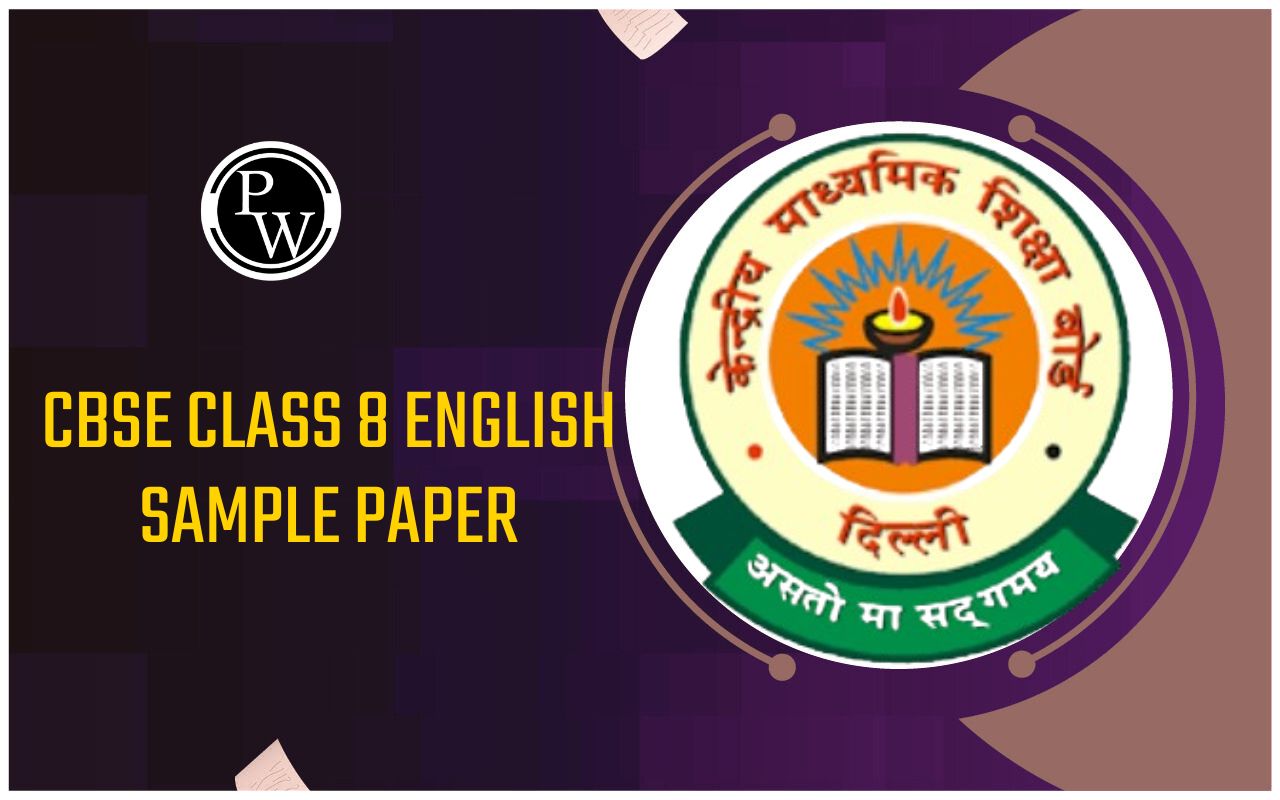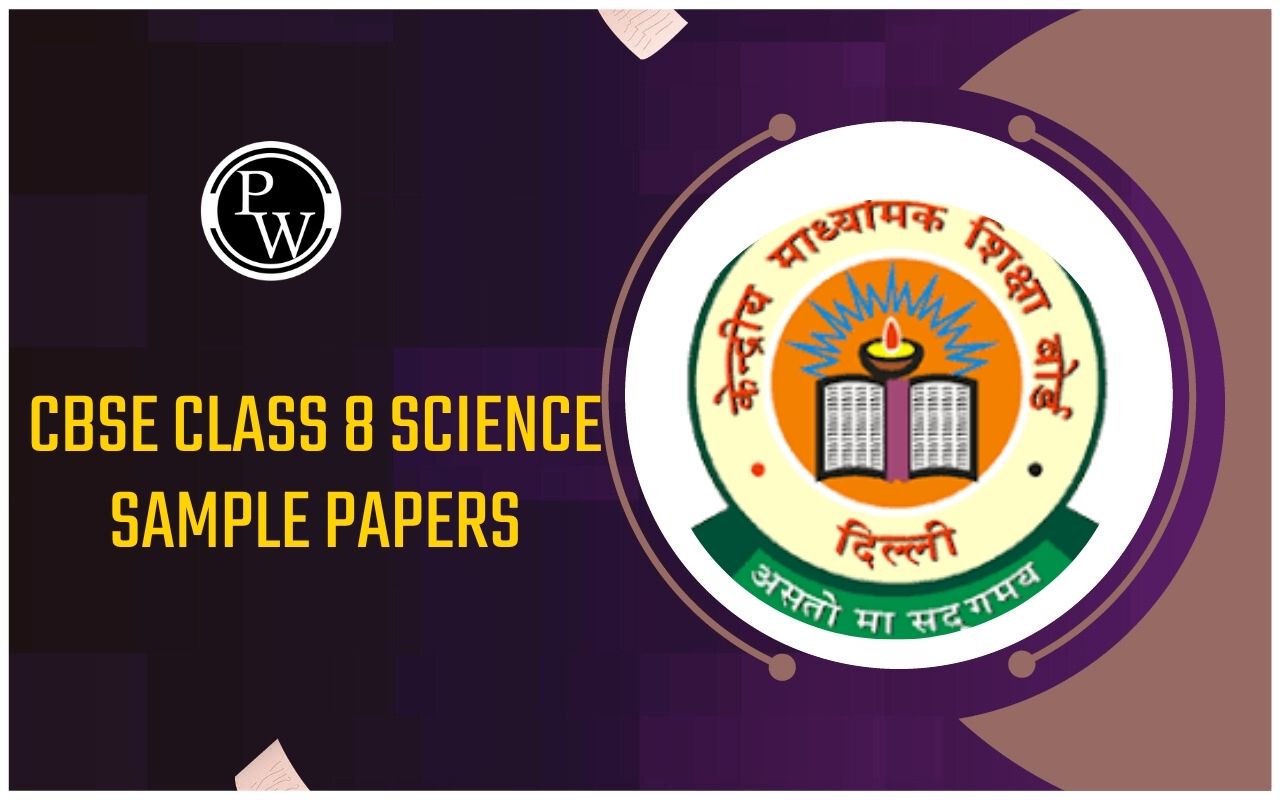Here are the notes for
CBSE Class 8 Civics Chapter 2 Understanding Secularism
. This chapter explain the concept of secularism, focusing on its importance and implementation in democratic societies, particularly in India.
The notes detail how secularism ensures the separation of religion from the State, protecting individuals' rights to practice their religion freely and equally. They also highlight how secularism prevents the domination of one religion over others and allows for state intervention to maintain fairness and equality.

CBSE Class 8 Civics Notes Chapter 2: When one religious community either persecutes or discriminates against members of other religions, such acts become more prevalent if the state officially recognizes one religion over others. Secularism aims to prevent such domination by ensuring that no single religion is favored by the state, promoting equal treatment for all religious communities.
This principle is important for maintaining harmony and justice in a diverse society. In CBSE Class 8 Civics Chapter 2 you'll explore the concept of secularism in the Indian context including its implications and significance for ensuring fair and impartial governance.CBSE Class 8 Civics Notes Chapter 2 Understanding Secularism Overview
These notes are prepared by subject experts of Physics Wallah and provide a detailed overview of CBSE Class 8 Civics Chapter 2 Understanding Secularism. This chapter explain the concept of secularism, particularly in the Indian context, emphasizing its role in ensuring equal treatment of all religions by the state. The notes outline the essential principles of secularism, explaining how it helps prevent religious discrimination and promotes harmony among diverse religious communities. By detailing the importance of keeping religion separate from state affairs, the notes provide valuable insights into why secularism is important for maintaining justice and unity in a multicultural society.CBSE Class 8 Civics Notes Chapter 2 PDF Download
The PDF link provided below provide detailed notes on CBSE Class 8 Civics Chapter 2 Understanding Secularism. The notes highlight how secularism helps prevent religious discrimination and maintains harmony among diverse communities. They provide a clear understanding of why it is important for a country to separate religion from state affairs to promote fairness and justice. For a detailed explanation of these concepts you can access the PDF through the link below.CBSE Class 8 Civics Notes Chapter 2 PDF
Quick CBSE Class 8 Civics Notes Chapter 2 Understanding Secularism
What is Secularism?
Secularism is the principle of separating religion from the State, ensuring that government decisions and policies are not influenced by religious considerations. In India, secularism means that the State treats all religions equally and does not favor or discriminate against any particular religion. The Indian Constitution guarantees individuals the freedom to follow and practice their own religious beliefs without interference from the State. This separation helps maintain harmony and prevent religious conflicts by ensuring that government actions are based on secular principles rather than religious ones.Why is it Important to Separate Religion from the State?
Separating religion from the State is crucial in democratic societies for several reasons:Ensures Democratic Functioning: By keeping religious beliefs and practices separate from government operations, a country can function more fairly and equitably, ensuring that decisions are made based on secular principles rather than religious biases.
Prevents Religious Discrimination: This separation helps protect minority groups from being oppressed or discriminated against by the majority. It prevents the tyranny of the majority and safeguards Fundamental Rights, ensuring that no group is unfairly targeted or excluded based on religious identity.
Protects Individual Freedom: It upholds the right of individuals to choose their religion or change their religious beliefs without fear of persecution. This freedom allows people to interpret religious teachings in their own way and ensures that personal religious choices do not face undue interference from the State.
What is Indian Secularism?
Indian secularism, as mandated by the Indian Constitution, requires the Indian State to maintain a neutral stance towards all religions. This approach is essential to achieving several objectives:Preventing Religious Domination: It ensures that no single religious community can dominate or marginalize other religious groups. By remaining neutral, the State prevents the imposition of one religion over others, fostering a sense of equality and mutual respect among different communities.
Ensuring Internal Harmony: It also aims to prevent dominance within religious communities. This means that individuals or sub-groups within a religion cannot impose their beliefs or practices on others within the same community.
Protecting Religious Freedom: The State does not endorse any particular religion nor does it infringe upon individuals' rights to practice, change, or express their religious beliefs. This freedom allows people to follow their own religious paths without state interference or coercion.
Steps Taken by Indian State to Protect Secularism in India
To uphold secularism in India, the Indian State implements several key strategies:Distancing from Religion: The State maintains neutrality by ensuring that government institutions such as courts, police stations, schools, and offices do not promote or favor any particular religion. This separation helps to avoid religious bias in public services and governance.
Noninterference: The State respects religious diversity by making exceptions for specific religious practices. This approach allows for the accommodation of religious sentiments without disrupting the practice of different faiths, ensuring that religious communities can freely follow their traditions.
Intervention for Equality: In cases where religious laws conflict with principles of equality, such as inheritance rights, the State may intervene. This intervention ensures that all individuals receive equal rights and protections under the law, regardless of their religious background.
Support for Religious Communities: The Constitution allows religious communities to establish their own educational institutions. The State provides financial aid to these institutions on a non-preferential basis, supporting their right to operate while maintaining secular principles.
In what way is Indian secularism different from that of other democratic countries?
Indian secularism stands out from the secularism practiced in many other democratic countries due to its distinctive approach towards the relationship between religion and the State. In countries like the United States, secularism is defined by a strict separation of religion and government. The state does not involve itself in religious matters, and there is a clear boundary that prevents any religious influence on government policies or vice versa. Indian secularism allows for a more flexible relationship between religion and the State. While it maintains the principle of secularism, it permits the State to intervene in religious affairs in certain circumstances. This intervention is intended to ensure social justice and protect the rights of individuals. For instance, the Indian government can enact and enforce laws related to personal issues like marriage and inheritance that may intersect with religious practices. The State supports religious communities by providing them with the freedom to establish their own educational institutions and offering financial aid, as long as such support is non-preferential and aimed at promoting equality. Thus, while Indian secularism upholds the principles of religious freedom and equality, it also involves an active role for the State in managing and sometimes intervening in religious matters to ensure that all citizens enjoy equal rights and protections.Benefits of CBSE Class 8 Civics Notes Chapter 2 Understanding Secularism
- Clarifies Secularism: The notes provide a clear and concise explanation of secularism, particularly its importance in the Indian context. They help students understand how secularism is defined and applied in democratic societies distinguishing Indian secularism from practices in other countries.
- Contextual Understanding: By explaining the specific measures taken by the Indian State to protect secularism, the notes help students appreciate the practical aspects of how secularism is implemented in India. This includes strategies like distancing the State from religion, noninterference, and intervention when necessary.
- Promotes Critical Thinking: The notes encourage students to think critically about the role of secularism in protecting minority rights and ensuring equality. Understanding the reasons for separating religion from the State helps students grasp why secularism is essential for maintaining a just and democratic society.
- Prepares for Exams: The structured and organized format of the notes makes them an excellent resource for exam preparation. Students can quickly review key concepts, definitions, and the practical implications of secularism as outlined in their syllabus.
CBSE Class 8 Civics Notes Chapter 2 Understanding Secularism FAQs
What is secularism?
Secularism refers to the principle of separating religion from the State. In a secular state, the government does not favor or promote any particular religion and ensures that individuals have the freedom to practice their own religion or no religion at all.
How does Indian secularism differ from secularism in other countries?
Indian secularism differs from the American model of secularism. While the U.S. practices a strict separation of religion and State, where the State cannot interfere in religious matters, Indian secularism allows for some state intervention in religious affairs to ensure equal treatment and uphold fundamental rights.
How does secularism affect individual freedoms?
Secularism ensures that individuals have the freedom to follow their religious beliefs without interference from the State. It protects individuals' rights to practice, change, or renounce their religion and guarantees equal treatment under the law.
Can secularism lead to religious discrimination?
Secularism aims to prevent religious discrimination by ensuring that no religion is given preferential treatment by the State. It seeks to create a fair and neutral environment where all religions are respected equally.
How does secularism contribute to social harmony?
Secularism promotes social harmony by ensuring that the State does not favor any particular religion, thus reducing conflicts between different religious groups. It helps maintain peace and equality in a diverse society by upholding the principle of equal treatment for all citizens.
🔥 Trending Blogs
Talk to a counsellorHave doubts? Our support team will be happy to assist you!

Free Learning Resources
PW Books
Notes (Class 10-12)
PW Study Materials
Notes (Class 6-9)
Ncert Solutions
Govt Exams
Class 6th to 12th Online Courses
Govt Job Exams Courses
UPSC Coaching
Defence Exam Coaching
Gate Exam Coaching
Other Exams
Know about Physics Wallah
Physics Wallah is an Indian edtech platform that provides accessible & comprehensive learning experiences to students from Class 6th to postgraduate level. We also provide extensive NCERT solutions, sample paper, NEET, JEE Mains, BITSAT previous year papers & more such resources to students. Physics Wallah also caters to over 3.5 million registered students and over 78 lakh+ Youtube subscribers with 4.8 rating on its app.
We Stand Out because
We provide students with intensive courses with India’s qualified & experienced faculties & mentors. PW strives to make the learning experience comprehensive and accessible for students of all sections of society. We believe in empowering every single student who couldn't dream of a good career in engineering and medical field earlier.
Our Key Focus Areas
Physics Wallah's main focus is to make the learning experience as economical as possible for all students. With our affordable courses like Lakshya, Udaan and Arjuna and many others, we have been able to provide a platform for lakhs of aspirants. From providing Chemistry, Maths, Physics formula to giving e-books of eminent authors like RD Sharma, RS Aggarwal and Lakhmir Singh, PW focuses on every single student's need for preparation.
What Makes Us Different
Physics Wallah strives to develop a comprehensive pedagogical structure for students, where they get a state-of-the-art learning experience with study material and resources. Apart from catering students preparing for JEE Mains and NEET, PW also provides study material for each state board like Uttar Pradesh, Bihar, and others
Copyright © 2026 Physicswallah Limited All rights reserved.








